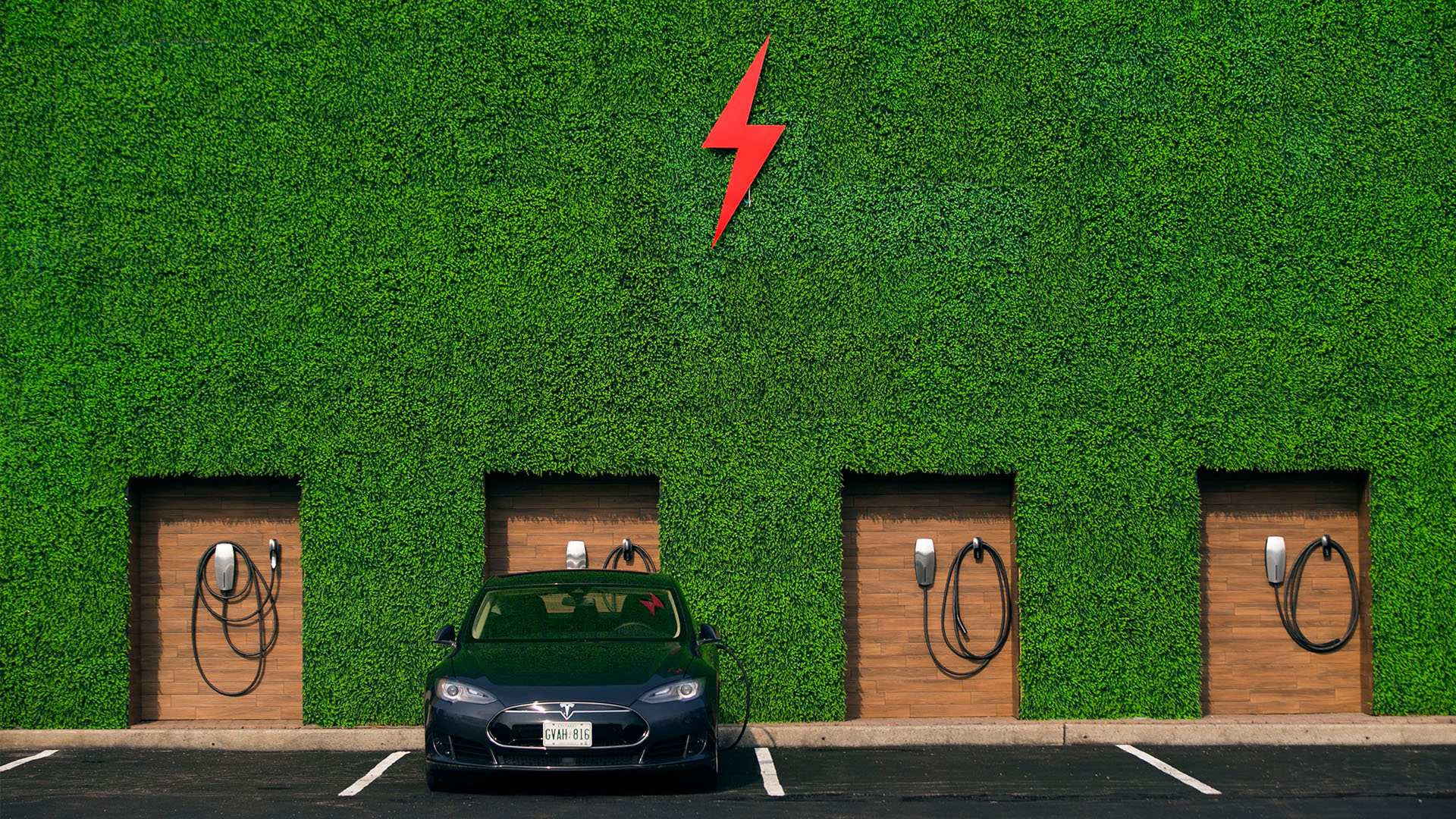

Electric vehicles sales are increasing in North America as a whole, thanks to increases in range, tax initiatives, and their efficiency advantages over fossil-fuel powered counterparts. According to a new report by Fleetcarma, electric car sales in Canada are showing a huge jump.
Electric vehicle deliveries for the first quarter in 2017 surged 68 percent when compared to Q1 2016, as per Fleetcarma’s report. A total of 1,474 vehicles were brought home in the first three months of the year in Canada, including both plug-in hybrids and pure electric variants.
Though many vehicles have been sold, there are two clear market leaders: Tesla and Nissan. The Tesla Model S and Nissan Leaf nearly tie in their total vehicle sales. Tesla has sold 5,453 Model S vehicles in Canada overall, whereasNissan has sold 5,470 copies of the Leaf. Overall, Tesla has supplied over 42 percent of the EVs in Canada, which amounts to 6,900 overall vehicles out of the over 30,000 EVs currently on the road. In Q1 2017, Tesla has delivered a total of 400 Model X SUVs; Chevy’s Bolt came up behind it, with 300 deliveries in the time period.

One might question the reason that electric car sales are booming in Canada. This could be due to the government rebates available in Canada for buyers of EVs—something that has historically been shown to result in more sales in the US.
In Canada, Quebec holds the position in leader for most EV sales, although Ontario is making strides towards claiming the top spot. Recently, Ontario government has lifted the cap on its EV rebate, giving Tesla owners access to a $14,000 rebate instead of the previous $3,000.
With the Tesla Model 3 still on schedule to begin production soon, it may be the next big EV to enter into the Canadian market.
Electric vehicle adoption still has a long way to go in North America, however, auto manufacturers are investing heavily in electric vehicle charging infrastructure within the United States. Currently, Canada has 4,900 EV charging stations compared to the 15,993 in the United States. Should Canada expand its charging infrastructure, it may be able to raise the number of EVs purchased in the country even faster.